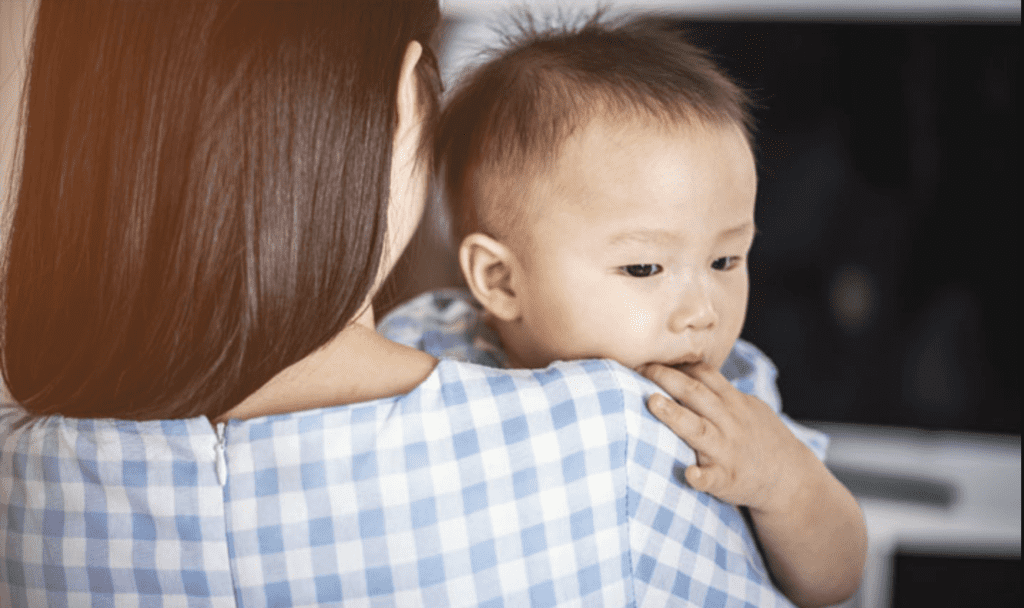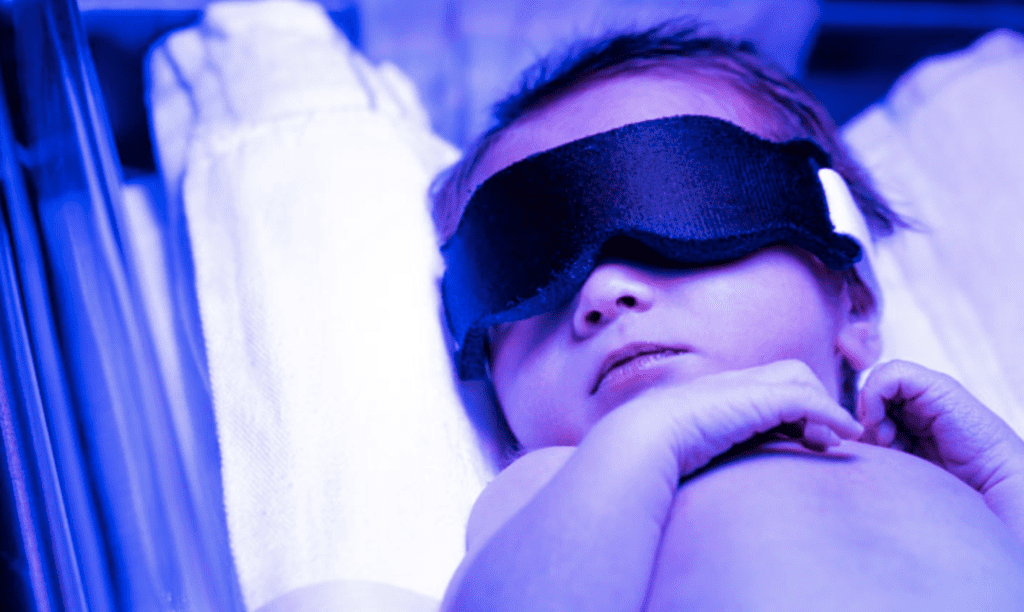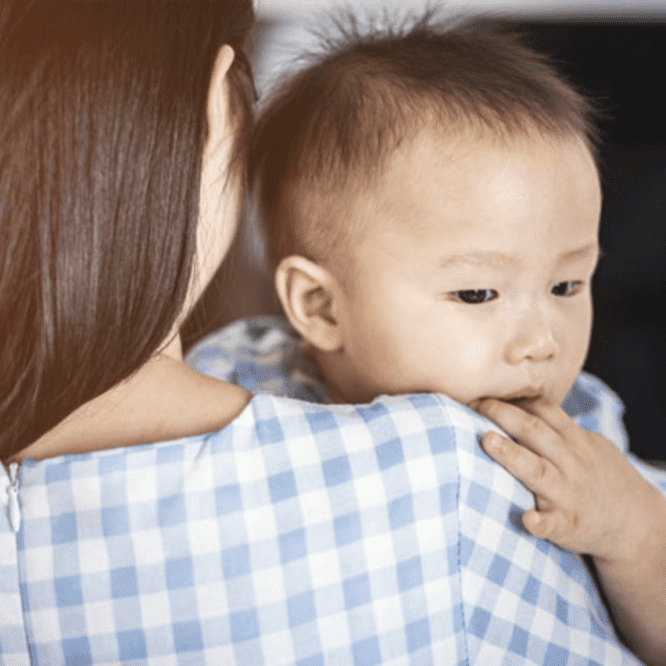The arrival of a newborn baby is a special moment filled with joy, and as parents you naturally want your child to be healthy. But should you be overly worried when you’re told that your child has jaundice?
It’s natural as new parents to worry about anything out of the ordinary with your newborn child. So when you notice that your baby has jaundice – characterised by a yellowish tinge to their skin and whites of the eyes – it’s natural to be worried. But knowing the facts about jaundice in babies will help to alleviate any fears about the common condition and know what’s normal and when exactly to seek medical help.
What is newborn jaundice?
The yellow tint to your baby’s skin and eyes is a sign that there’s too much bilirubin, a condition known as hyperbilirubinemia, in your baby’s blood. This commonly occurs in babies as early as the second day after birth. In mild cases, the condition usually goes away on its own. If the bilirubin levels are within a normal range for a newborn baby, the paediatrician will allow your baby to be discharged.
Why has my baby developed jaundice?
When your baby started breathing after birth, the excess red blood cells they had while in the uterus start to break down, generating a higher level of bilirubin. In the first few days of life, your baby’s liver is immature and doesn’t yet have the ability to excrete this bilirubin properly, so the skin takes on the signature yellow tinge of jaundice. The colour usually deepens in the first 5 days before it gets lighter and clears up in 1 – 2 weeks. This normal condition is known as physiological jaundice.
When should I worry about baby jaundice?

Most cases of jaundice usually resolve on their own. However, if the jaundice-causing bilirubin levels spike within 24 hours of birth, or stay high after a week, other health problems have to be considered. Possible causes include infection in the blood stream, certain viral infections, abnormality of enzymes or the membrane of your child’s red cells, or liver issues. The most common cause of neonatal jaundice where surgery is needed is biliary atresia, which leads to a blockage of the bile ducts. In very rare cases, untreated jaundice can lead to a type of brain damage called kernicterus.
When should I consult a doctor?
Most cases of baby jaundice are physiological and should clear up on their own. However, your baby will be checked by a doctor within a week as part of the routine post-natal check-up. This is when your paediatrician will be able to assess your newborn’s condition and advise if additional treatment is necessary.
In the meantime, seek immediate medical attention if you notice the following symptoms:
- Your baby’s skin is getting more yellow after 3 days
- Your baby’s chest or abdomen is yellow
- Your baby is sluggish and doesn’t nurse or feed well
- Your baby’s bowel movement is pale.
- Your baby is cranky
- Your baby arches his or her back
- Your baby’s cry takes on a high pitch
- The jaundice has not gone away after 2 weeks from birth
How is jaundice treated in newborns?

*for illustrative purpose only
Mild jaundice goes away after 1 or 2 weeks as a baby’s body gets rid of the extra bilirubin on its own.
It is important that your baby feeds well because this encourages bowels movements that allow your baby to excrete the bilirubin through the intestines. Your doctor may advise that you give additional formula beyond breastfeeding to ensure this.
If your doctor’s tests reveal that the bilirubin levels are higher than normal, your baby will be put under a special light to treat the jaundice. This treatment, known as phototherapy, allows the skin to absorb the light, which changes the make-up of the bilirubin so that your baby can more easily expel it from their body.
You may have heard stories of babies being put out in the sun as a way to treat jaundice. Avoid doing so as this exposes your child to potentially harmful UV rays from the sun that can do more harm than good. Your baby requires a special type of light in controlled surroundings to treat the condition safely. This usually takes place in the hospital’s nursery. However, if your baby’s levels are not considered elevated enough for hospitalisation, other treatment options may include a jaundice vest or BiliBlanket, which is a portable phototherapy device that can be used at home.
If your baby’s jaundice is caused by a health issue, such as incompatible blood type with the mother, your doctor may recommend a blood transfusion or treatment option suitable for the condition diagnosed.
It’s a relief to realise that your baby’s jaundice is nothing to worry about and is in fact normal. Just be aware of the warning signs that something may not be right and know when to seek medical help.
References
Why It’s Best Not to Worry If Your Baby Has Jaundice. Retrieved 14/5/2020 from https://health.clevelandclinic.org/best-not-worry-baby-jaundice/
Jaundice in Newborns (Hyperbilirubinemia). Retrieved 14/5/2020 from https://www.healthlinkbc.ca/health-topics/hw164159
Article reviewed by Dr Ratna Sridjaja, paediatrician at Gleneagles Hospital
(Source)



